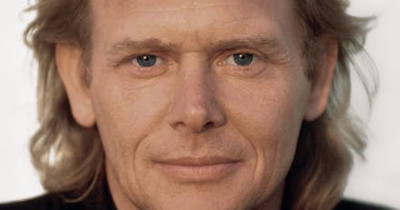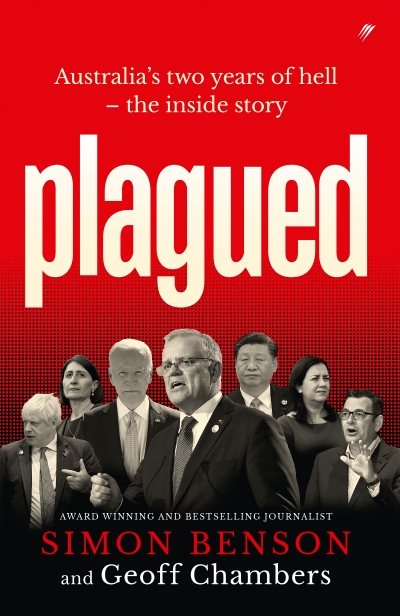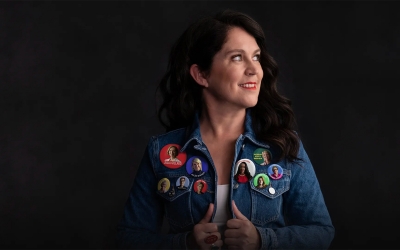Joshua Black
The Voice Inside by John Farnham with Poppy Stockell
John Farnham nearly missed the launch party for his most successful album, Whispering Jack (1986) – he was stuck on a couch in a foetal position. He was under immense pressure. His three-year stint as lead singer of Little River Band (LRB) had left him saddled with some of LRB existing debt. Whispering Jack was clearly his last chance to show the world the kind of artist he thought he could be.
... (read more)Plagued: Australia’s two years of hell – the inside story by Simon Benson and Geoff Chambers
12 March 1921: after four weeks of hard campaigning as a Nationalist candidate in the Western Australian state election, Edith Cowan received the news that she had won the seat of West Perth by forty-six votes, making her Australia’s first ever woman parliamentarian. Cowan was shocked: initially she didn’t want to run and discounted her chances of success. As the sole winner among five women candidates across the state, Cowan saw hers as a victory for all women. She used her new position to build on the social welfare and reform work in which she had been involved since the 1890s, promoting motherhood endowment, sex education, migrant welfare and infant health centres. Though her time in office was short (1921–24), Cowan had made history in taking a seat at the parliamentary table.
... (read more)Cathy Goes to Canberra: Doing politics differently by Cathy McGowan
In today's episode, Joshua Black reads his tribute to former Labor senator Susan Ryan, featured in our November issue. Ryan was a historic figure in Australian politics: she was the first woman from the ALP to serve in cabinet, and cemented her legacy with the Sex Discrimination Act (1984) – which prohibited sexual discrimination in the workplace. Here, Black recounts his interview with the pioneering politician only weeks before her death on 27 September 2020.
... (read more)Susan Ryan was a formidable storyteller. Her stories communicated her values and her world view, her commitment to the pursuit of a more egalitarian society. Hers was a powerful form of communication, capable of questioning and challenging the inadequacies of the masculinist, class-exclusive ‘fair go’ of postwar Australian society.
... (read more)






